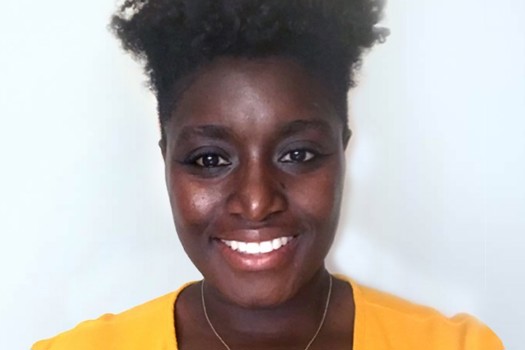A report published today (October 11) by the Institute of Student Employers (ISE) said that support from senior leadership was necessary for the type of cultural change that drives diversity in the workplace.
The report found the black graduates it interviewed were unprepared for the explicit and covert racism, non-inclusive environments and poor representation they would find in the workplace.
Diversity and inclusion:
Poor strategy crippling D&I efforts
Attitudes to inequality divide the workforce
HR profession still lacking diversity
Graduates said that effort and skill was required to ‘fit in’ and adapt to white colleagues’ expectations while also having to prove themselves by outperforming white peers.
The interviewees therefore called for more early-career support and training on dealing with race and racism.
Diversity and inclusion consultant Toby Mildon told HR magazine that it is vital that senior leadership get on board with diversity efforts.
“One of the most important things for leadership is to recognise and understand that they are the custodians of the culture in the business," he said.
"They need to think very intentionally about what an inclusive culture looks like for them and take the necessary steps to shape that culture.
“As senior leaders they are role models and need to be ‘walking the talk’ and demonstrating inclusive leadership behaviours.”
The report said that young black people are particularly conscious ‘window-dressing,’ where companies, particularly in the wake of the Black Lives Matter movement, publicise their commitment to fighting racism without actually taking action.
Mildon continued: “We see this all the time - when organisations talk a good game about diversity and inclusion, but the lived experience of employees is different.
“We see companies that organise conferences and webinars for their employees during Black History Month have day-to-day behaviours that are discriminatory, racist, and divisive.
The same happens, said Mildon, every June for Pride - and disabled employees often feel let down too, when their companies don’t follow their vocal support with action.
“Potential employees are savvy at spotting such organisations," he added.
"It is certainly made easier by damaging comments that people may leave on public platforms like Glassdoor and LinkedIn.”
Yasmina Mallam-Hassam, joint chair of the ISE equality, diversity and inclusion advisory group and head of employability services at St Mary’s University said: “Black students are looking for opportunities to realise their own ambitions for a professional career in organisations that support and value their difference.
“They will not take diversity statements and branding at face value, and will look for engagement with their universities prior to recruitment and the ethnicity of representatives in graduate recruitment teams, current graduates and senior leaders."









